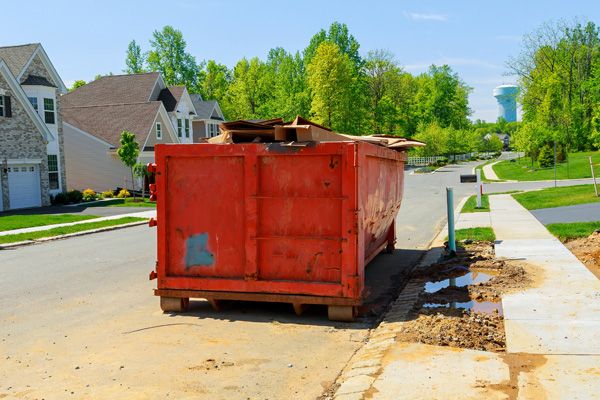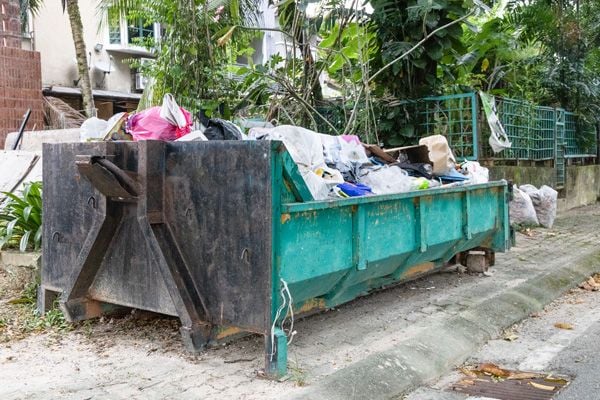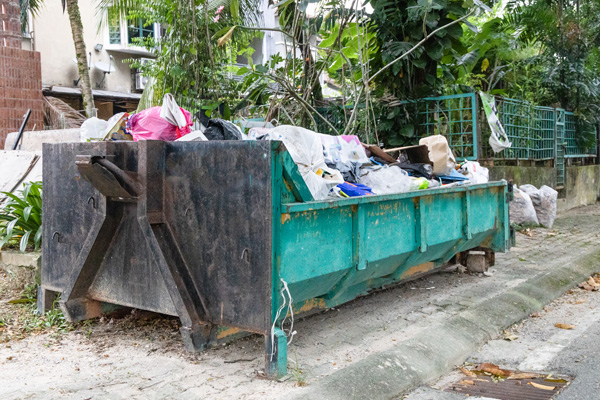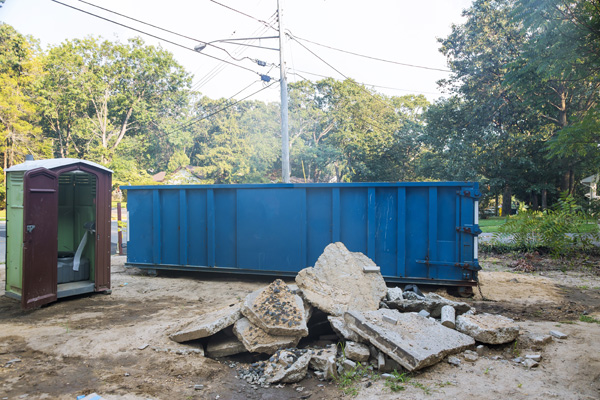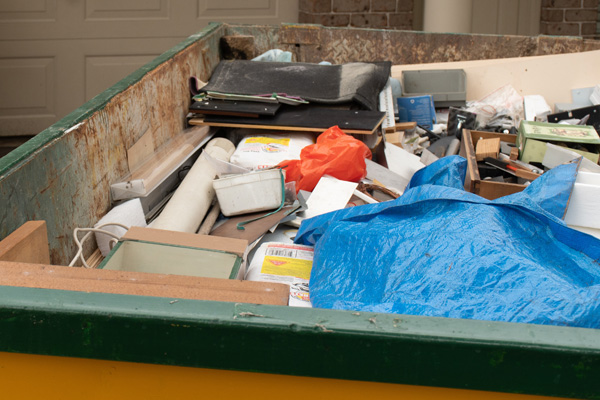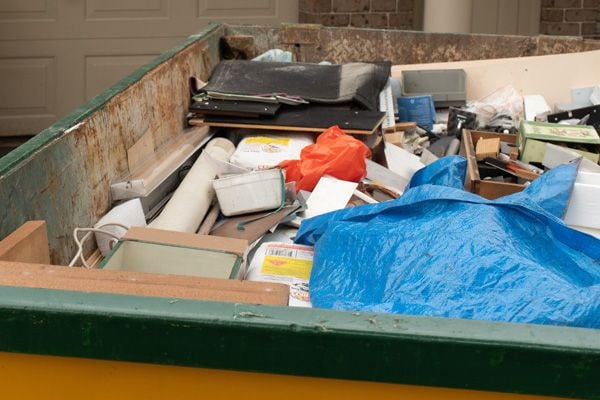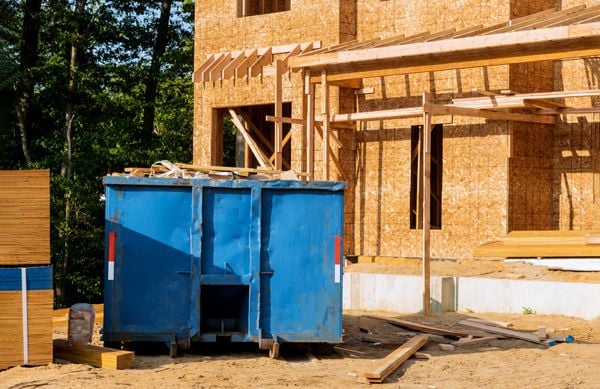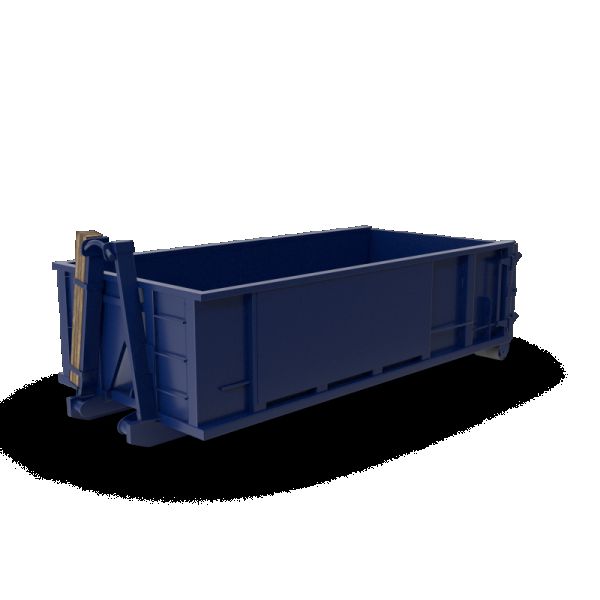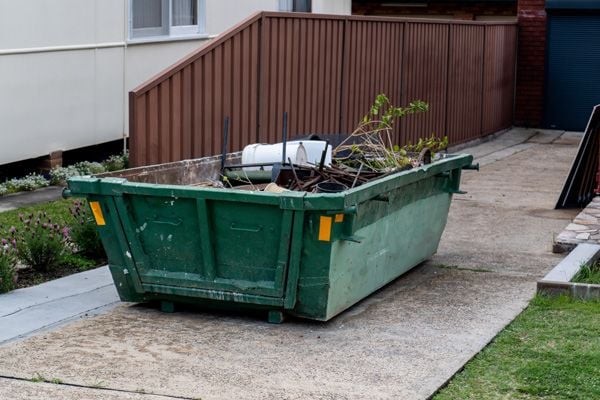Dumpster Rental For Fire Damage Cleanup: Tips And Tricks
Fire damage cleanup can be a difficult and overwhelming process. One of the best ways to tackle it is to rent a dumpster, which can make the removal of debris much easier and faster. This article will provide tips and tricks on how to properly utilize dumpster rental for fire damage cleanup. When faced with the task of cleaning up after a house fire, many people are unsure where to begin or what steps need to be taken in order to effectively clear out all damaged materials from the premises. Dumpsters offer an effective solution that allows homeowners and businesses alike to easily dispose of large amounts of debris quickly. The use of a dumpster also helps to ensure safe disposal practices, avoiding potential contamination due to environmental hazards such as asbestos or lead-based paint chips left behind from burned areas. This article will discuss the different types of dumpsters available for rent, their corresponding sizes and recommended uses when handling fire damage clean-up jobs. It will also include advice on selecting the right size container and other useful information related to safety regulations pertaining to hazardous waste management during fire damage cleanup projects. By following these guidelines, readers should have no trouble getting started on their project efficiently while staying compliant with applicable laws. Reasons To Hire Professionals For Fire Damage Cleanup The fire damage cleanup process can be overwhelming and time consuming. It is essential to hire professionals for the job in order to ensure that all areas are cleaned correctly, with lightning speed, and utmost efficiency. A professional damage cleanup and restoration company will have a team of experts who understand how to properly clean up after a fire, as well as what kind of equipment is needed for water damage cleanup. With their experience and expertise, they are able to restore any property back to its pre-fire condition quickly and efficiently. Moreover, when you work with a reputable damage cleanupand restoration company, you know that the customer satisfaction guarantee extends beyond just the services provided; it also covers aspects such as timely response times, safe disposal options (such as dumpster rental), clear communication about guidelines for post-fire safety measures and even follow-up visits. The peace of mind this offers is invaluable when dealing with the aftermath of a fire. Professionals provide more than just restoration services; they bring comfort during an otherwise difficult situation by providing personalized attention throughout the entire recovery process. By enlisting help from specialists in fire damage cleanup you can rest assured knowing your home or business will be restored fully without having to worry about doing it yourself. Estimating The Cost Of Fire Damage Cleanup When dealing with fire damage, it is important to estimate the cost of cleanup. There are several factors that need to be considered when estimating the cost: Competitive Pricing – When researching various companies offering services related to fire damage cleanup, compare prices between vendors before choosing one; this will ensure competitive pricing within reason without sacrificing quality service or safety standards. It is essential to take into account all aspects associated with cleaning up after a home fire including evaluating estimated costs prior to beginning any work so that you are adequately prepared financially for your project and there are no unexpected surprises along the way. Safety When Cleaning After A Home Fire Once the cost estimate for fire damage cleanup is finalized, the next step is to take safety measures when cleaning up debris. A dumpster rental can be a helpful tool in removing debris from a home or business that has suffered fire damage. It’s important to rent the right size of dumpster for the job. Dumpsters come in various sizes such as yard dumpsters and roll off dumpsters which are suitable for residential construction projects. They may also be used for disposing building materials like insulation and drywall, as well as air duct cleaning material from smoke-damaged areas. When selecting a company to provide a dumpster rental service, it’s important to select one with excellent customer satisfaction ratings and an experienced staff who understands how to safely dispose of hazardous materials after a fire. This will help ensure that any waste product associated with the fire clean up process is disposed of properly without causing further environmental harm. Furthermore, proper disposal of hazardous materials can prevent additional health risks posed by exposure to toxic substances caused by prolonged contact with contaminated soil or debris left behind after the fire is extinguished. Safety should always be top priority when undertaking tasks related to post-fire cleanup operations like using a dumpster rental service. By following these tips, individuals involved in post-fire cleanup efforts can rest assured that their safety and wellbeing are taken into consideration throughout this arduous process while still being able to effectively remove debris from affected homes or businesses in order to begin rebuilding operations more quickly and efficiently. Transition sentence: After ensuring adequate safety precautions have been taken during the preparation phase of house fire debris removal, attention must now turn towards what steps need to be carried out during the actual removal process itself… Steps For House Fire Debris Removal When it comes to fire damage cleanup, a dumpster rental is essential for the efficient and safe disposal of debris. Dumpsters can be found in various sizes and combinations, depending on the needs of the project. It is best to contact a reliable dumpster company that specializes in roll off dumpster rentals so they can provide an appropriate size and type of dumpster needed for the job. The breakdown of standard dumpster size options include 10 yard, 15 yard, 20 yard, 30 yard, 40 yard commercial dumpsters as well as larger commercial container sizes up to 65 yards. The size chosen will depend upon the amount of debris expected at the site. A smaller option like a 10 or 15-yard model would work better for small-scale residential cleanups while larger sites may require multiple units in different sizes
Dumpster Rental For Fire Damage Cleanup: Tips And Tricks Read More »

